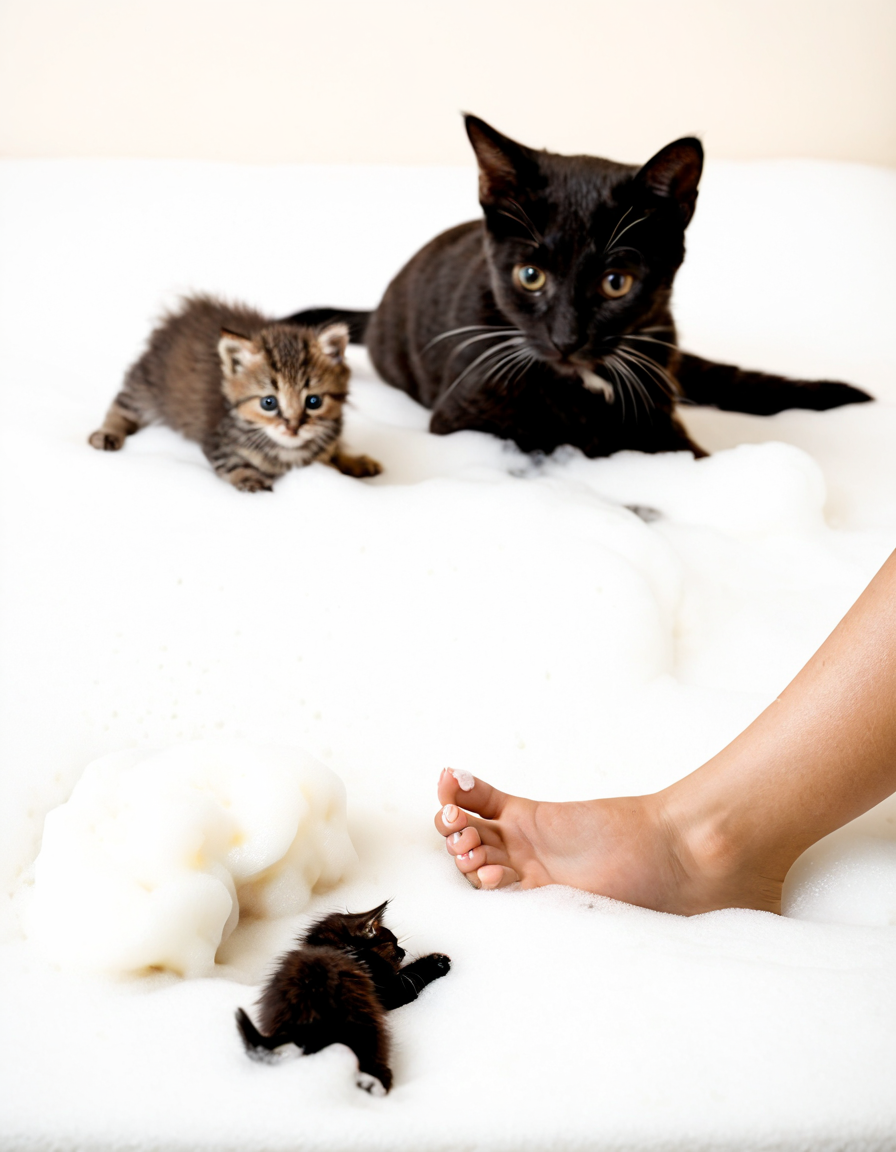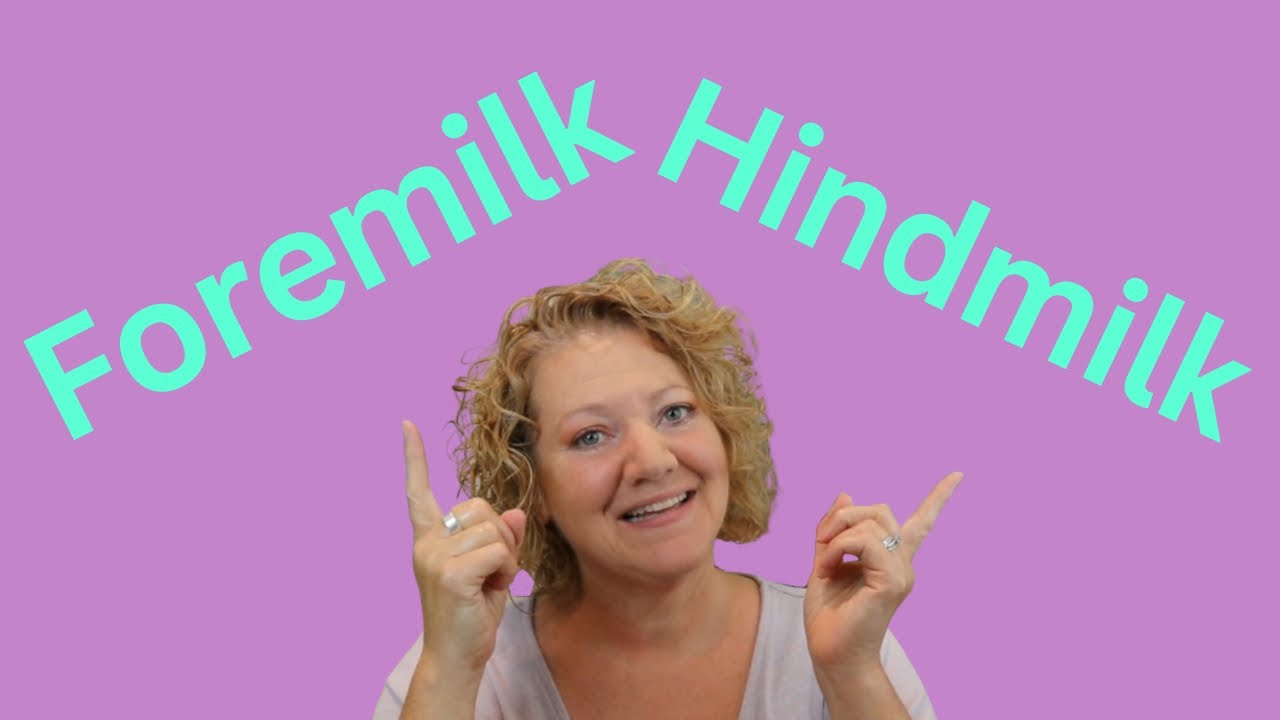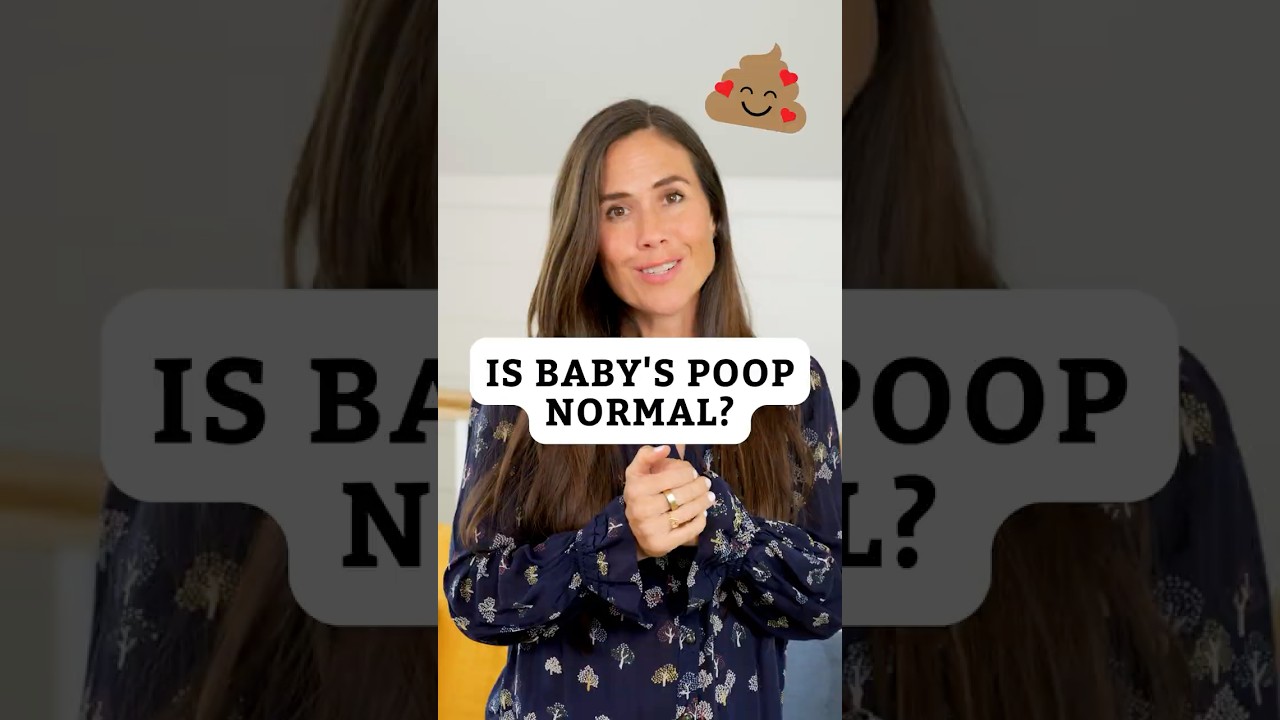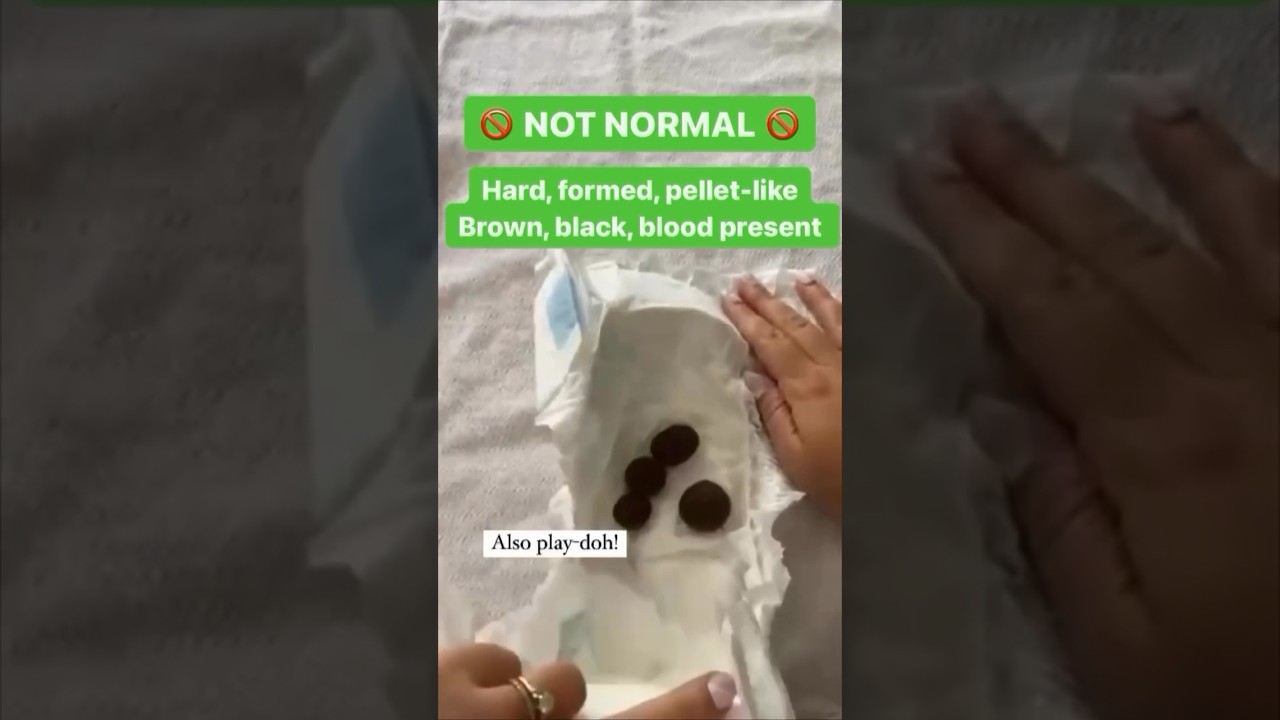Foamy newborn poop can be quite a shock for new pet owners. It’s not something you want to see when you’re expecting a healthy puppy or kitten. But what does this unusual stool mean? This foamy appearance often indicates feeding issues that can arise in the early days of your pet’s life. Understanding what might be causing foamy poop helps you take action to ensure your little furball’s comfort and health.
Understanding Foamy Newborn Poop: Indicators of Feeding Issues
Newborn puppies and kittens are developing rapidly, and their digestive systems are still maturing. Foamy newborn poop can raise red flags about their nutritional intake, feeding habits, and overall health. Observing and understanding these indicators allows you to identify potential concerns early on.
Regularly checking your newborn pet’s stool is just as important as monitoring their feeding routines. While foamy poop can signify feeding problems, it’s essential to remember that stool consistency may naturally change as digestion improves. However, if foamy poop occurs frequently, it may indicate other issues that you need to consider.
5 Common Factors Behind Foamy Newborn Poop
A major reason behind foamy newborn poop is an unbalanced diet. Both puppies and kittens need specific nutrients to support their growth and health. Feeding them something like a veterinary-recommended diet from Royal Canin or Hill’s Science Diet ensures they get the right balance of protein, fat, and carbohydrates. This can effectively prevent digestive disturbances that lead to foamy stool.
Newborns tend to gulp their food down quickly, especially in a competitive environment like a litter. This gulping can cause them to swallow air along with their milk or formula, leading to foamy poop. Using slow-feeder bowls or specially designed nipple bottles for newborns can help manage this and reduce the likelihood of foamy stool.
Just like humans, pets can have food allergies. Lactose is a common culprit, often found in many milk replacers. If you notice foamy newborn poop, consider switching to a lactose-free formula, such as Purina Pro Plan’s Puppy Milk Replacer, to help alleviate these symptoms and ensure smoother digestion for your little one.
Parasites like giardia can trigger foamy diarrhea in newborn pets and pose serious health risks. Regular check-ups and fecal examinations with your veterinarian can reveal the presence of any unwanted guests, allowing for immediate treatment and ensuring your newborns get a healthy start to life.
Keep in mind that newborns’ digestive systems are still maturing. It’s normal for younger animals to experience fluctuations in their stool consistency. Diligently monitoring your pet’s fecal output over time can help you distinguish between normal developmental changes and signs of illness.
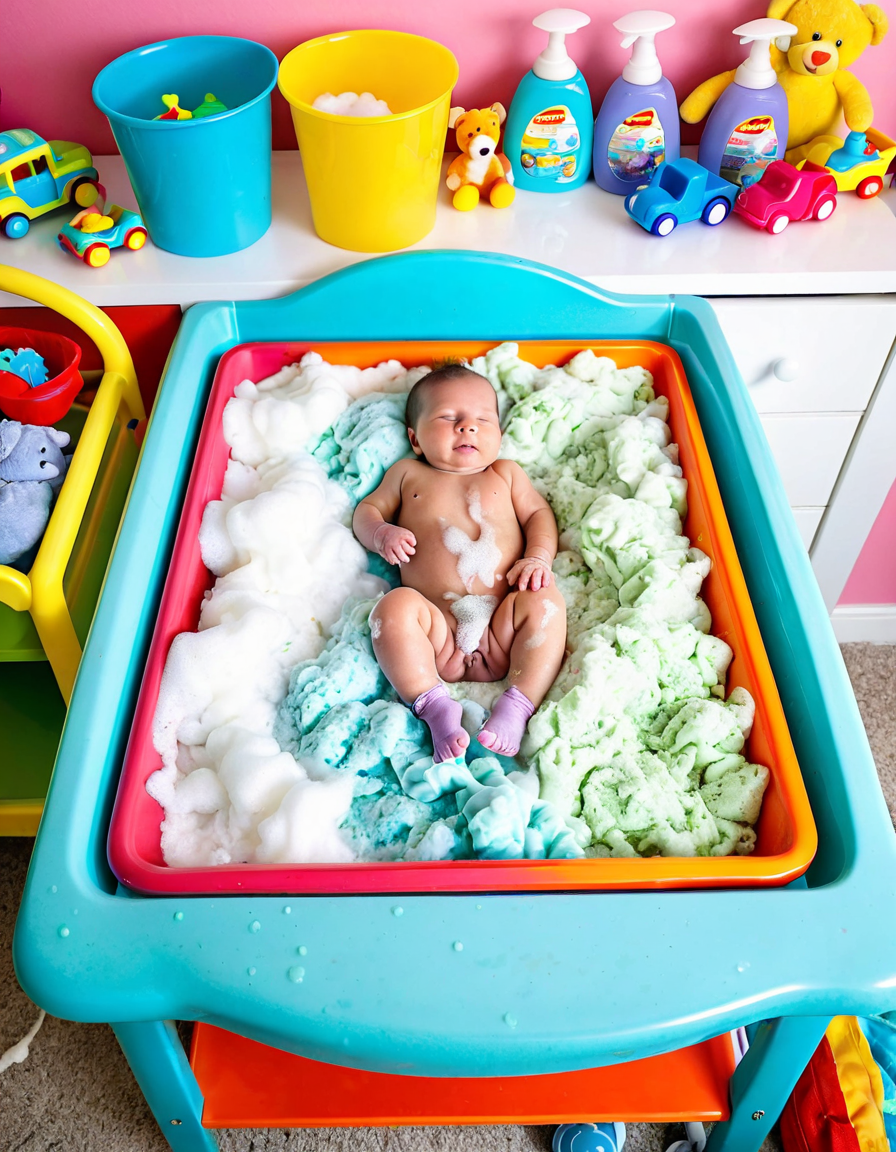
Types of Abnormal Poop and Associated Conditions
When it comes to abnormal feces, it’s crucial to differentiate foamy poop from other types, such as:
Innovations in Pet Nutrition and Health Awareness
As we advance in pet care, our understanding of the relationship between nutrition and digestion in newborn animals continues to grow. New formulations are hitting the market, tailoring food specifically to breed sizes and nutritional needs. Many modern pet foods now include probiotics and prebiotics, crucial for gut health, and can reduce the odds of encountering foamy newborn poop.
Additionally, the rise of telehealth services and digital veterinary consultations make it easier for pet owners to receive quick advice on issues like foamy fecal matter. Embracing these resources allows for informed healthcare decisions about your newborn pets without making a trip to the clinic.
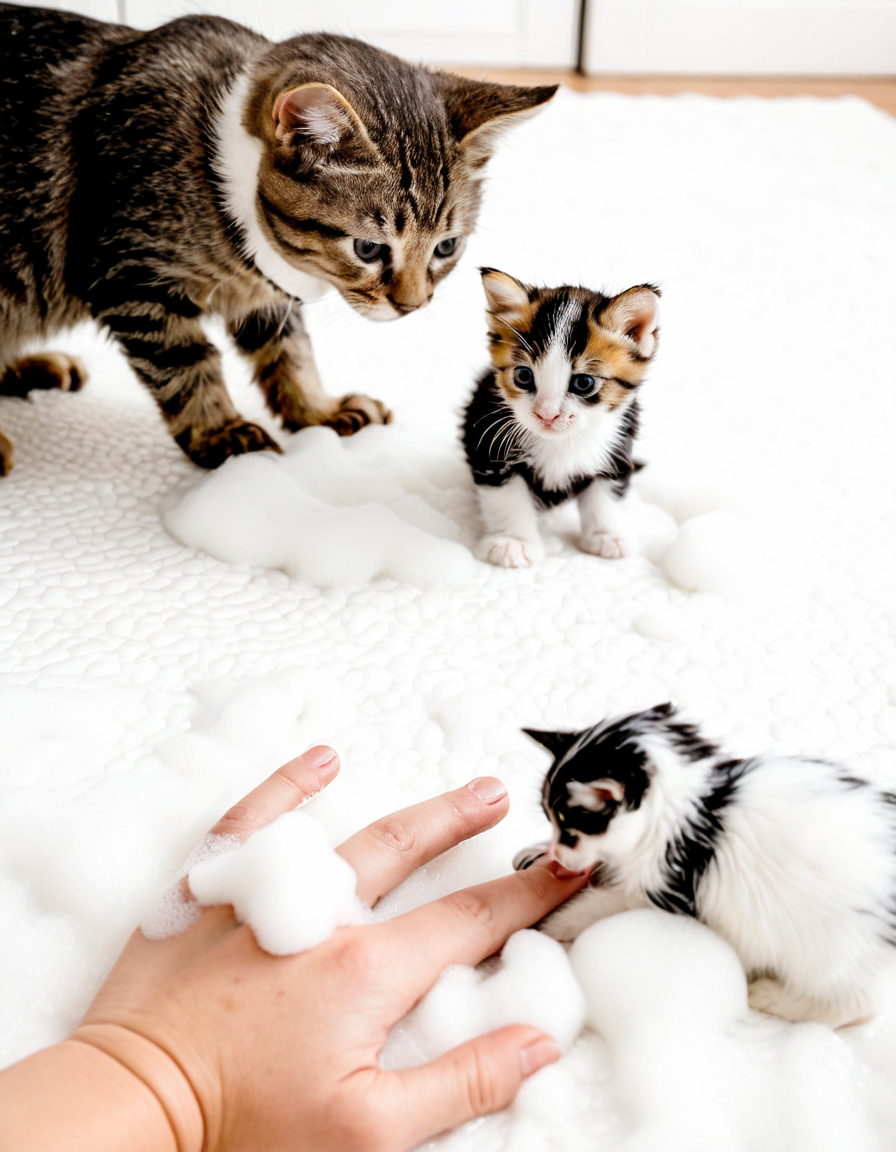
Final Thoughts on Foamy Newborn Poop and Feeding Practices
For new pet owners, knowledge is key when dealing with foamy newborn poop. By understanding the potential causes and actively managing dietary habits, you can cultivate an environment conducive to healthy growth. Always consult veterinary professionals when unusual stool symptoms arise, ensuring your furry companions reach their full potential.
Through awareness and proactive care, pet owners can ensure their newborns grow into healthy and vibrant pets. As pet care continues to evolve, we can tap into innovative methods to provide loving and informed care to all our furry friends. Don’t forget to check out resources like the Bravo Weekly ad for helpful products to support your pets’ health journey and trend updates worth your attention!
Fun Trivia and Interesting Facts About Foamy Newborn Poop
The Scoop on Poop
Foamy newborn poop can be surprising for new pet parents. This fascinating phenomenon, often linked to feeding issues, can tell you a lot about your newborn’s wellbeing. Did you know that different dog breeds can produce varying types of poop? For instance, the colors of a Chesapeake Bay Retriever’s poop can reflect their diet and health. It’s essential to pay attention to these signs, as they often serve as clues to a puppy’s nutritional intake.
In fact, inadequate nutrition might lead to foamy poop, just like different factors can impact the real estate interest rates people face. Just as buyers need to stay on top of fluctuating rates, pet owners should keep an eye on their furry friends’ dietary requirements to sidestep potential health troubles. If you’ve got a pup who’s not pooping normally, it’s best to consult a vet before panicking.
Recognizing the Signs
Foamy poop can indicate that a newborn isn’t getting enough milk or that they’re experiencing digestive upsets. It’s worth noting that a similar importance is placed on hematocrit blood tests for cats to catch health concerns early. These tests help identify issues right away, just as understanding the causes of foamy newborn poop can lead to quicker solutions for young pups.
For those interested in cute dog photos, searching for pictures of Akitas can provide a lighthearted distraction from the stress of kitty or puppy health worries. Remember, a happy and healthy pup often reflects a well-managed diet, so when in doubt, reach out to your vet.
More Than Just Poop
The digestion process might be a bit gross to discuss, but it’s a vital part of health, especially for newborns. Fun fact: did you know that the size of the pup can influence how poofy their poop is? A large breed may have more substantial outputs. It’s fascinating how certain factors—like what you might find in a Patagonia Baggies or even the latest deals at Tractor Supply Black Friday—can also bless your pets with quality nutrition!
So, if you notice foamy newborn poop, remember that it’s a signal worth investigating. Keep feeding routines consistent, check the pup’s health, and stay informed! You wouldn’t want any surprises during a fun playdate—just like hoping for a smooth flight when keeping up with the Elliott Investment’s outlook on Southwest Airlines. So, stay informed, be observant, and your furry friends will grow happy and healthy!
